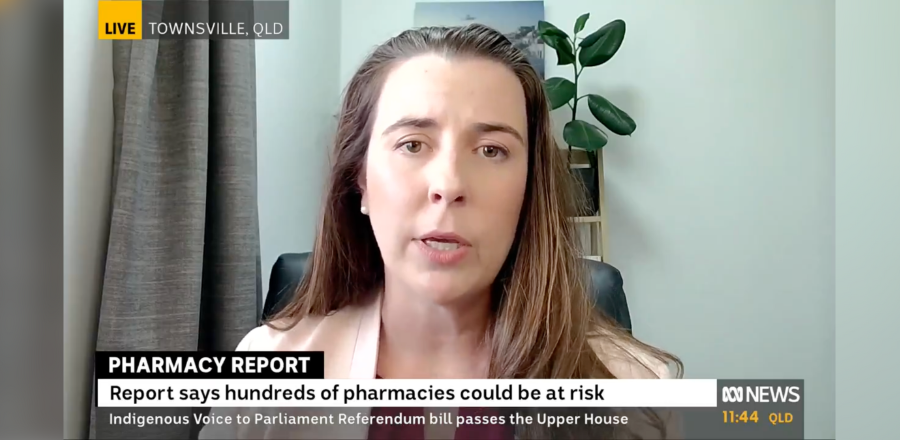60-day dispensing is good for patients and it’s time to make it work
The AMA says 60-day dispensing is a key health policy that will halve medicine costs for many poorer Australians; improving access and helping patients who “fall off” their regular medicines.

Sixty-day dispensing will halve the cost of medicines for many Australians, particularly low-income earners and pensioners, the AMA told ABC TV News this week.
AMA President Dr Danielle McMullen said “it’s a really important policy change to help people deal with the cost of their regular medicines, give them easier access to medicines and stay on their medication because we all know people who have run out of their medicines don’t get back to the pharmacy or back for another script and then just fall off of their regular medicines”.
“So it is definitely sensible health policy, which is good for patients and it’s now time to make it work.”
Dr McMullen said the AMA also had questions about some of the assumptions made by the Pharmacy Guild’s recently commissioned study on the issue.
“There is different modelling about how widely this policy will be taken up because we need to remember that the longer dispensing interval is at the discretion of the usual doctor who will have a conversation with patients whether it’s appropriate for them to have a longer dispensing interval,” she said.
“I know from my own patients if it is a new medicine or their condition has been a bit unstable, they will be sticking with 30-days and it’s really only those most stable patients where the 60-day dispensing makes sense.”
Dr McMullen said pharmacies, particularly in regional and rural areas, played a vital community role.
“As a GP, I talk to our community pharmacists every day and we work in collaboration for patient care, so we certainly want to see pharmacists be able to spend more time with their patients, get out from behind the dispensing counter,” she said.
“We have heard from pharmacists themselves that this will free-up their time to be able to spend more time on medicines, medication reviews, things like dose administration aids or Webster packs.”
Dr McMullen said the government had undertaken to reinvest savings back into community pharmacy and the focus should be on how reinvestment would support community pharmacies to remain open.



